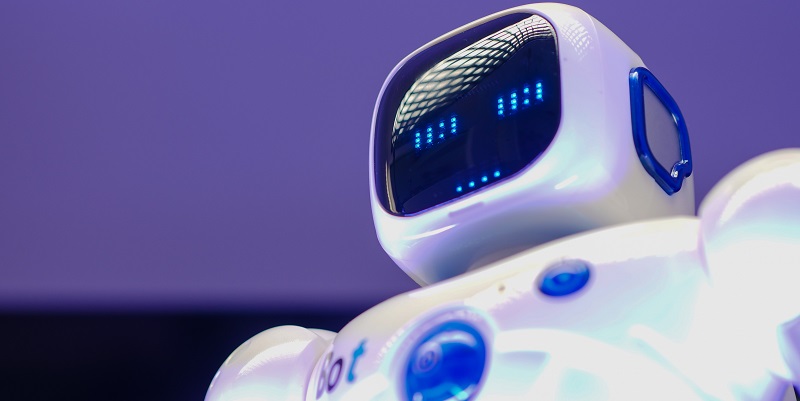In recent years, the technologies of Artificial Intelligence (AI) and Robotic Process Automation (RPA) have gained significant attention and traction. Individually, both possess unique strengths that have reshaped various industries. However, when combined, they form an unstoppable force capable of revolutionizing the way businesses operate. This article delves into the potential impact of combining AI and RPA, exploring how this synergy can automate complex processes, enhance decision-making, and transform customer service.
The strengths of AI and RPA
Artificial Intelligence (AI) and Robotic Process Automation (RPA) individually offer distinct advantages that set them apart. AI, with its advanced algorithms and machine learning capabilities, excels in analyzing vast amounts of data and identifying patterns. On the other hand, RPA showcases its strengths in automating processes, freeing up employees to focus on higher-value tasks that require human intervention.
The Power of Automation
The combination of AI and RPA empowers businesses to automate intricate and complex processes, streamlining operations and improving efficiency. AI’s ability to analyze large datasets and detect patterns allows for the identification of repetitive tasks suitable for automation. Consequently, RPA can seamlessly execute these processes, reducing the risk of human error and dramatically improving productivity. By automating routine tasks, employees can redirect their efforts towards more intellectually demanding responsibilities, adding value to the overall workflow.
Enhancing Decision-making
AI is a game-changer when it comes to decision-making. By leveraging its ability to analyze data, AI can provide valuable insights that aid in making informed choices. This analysis takes into account historical data and real-time information, allowing organizations to stay ahead of the curve. RPA, paired with AI, further enhances decision-making by automating the process. This integration ensures that decisions are made promptly and accurately, reducing the margin for error and enabling organizations to seize new opportunities swiftly.
Transforming Customer Service
One area where the synergy of AI and RPA shines the brightest is customer service. By utilizing AI’s capability to analyze vast amounts of customer data, organizations gain invaluable insights into customer behavior and preferences. This information allows businesses to personalize their interactions, tailor their offerings, and improve customer satisfaction. With RPA, automated customer service processes based on AI insights ensure efficient and consistent communication, providing timely responses to customer queries and effectively resolving issues. This personalized and efficient approach takes customer service to new heights, fostering loyalty and increasing customer retention.
The combination of artificial intelligence (AI) and robotic process automation (RPA) is a powerful force that revolutionizes business operations. Through automation, complex processes can be streamlined effortlessly, enabling organizations to maximize efficiency and dedicate employees to more substantial tasks. Moreover, the integration of AI in decision-making processes ensures data-driven choices that are quick and accurate. When applied to customer service, the synergy of AI and RPA transforms interactions, allowing businesses to understand customer behavior and deliver personalized experiences at scale.

